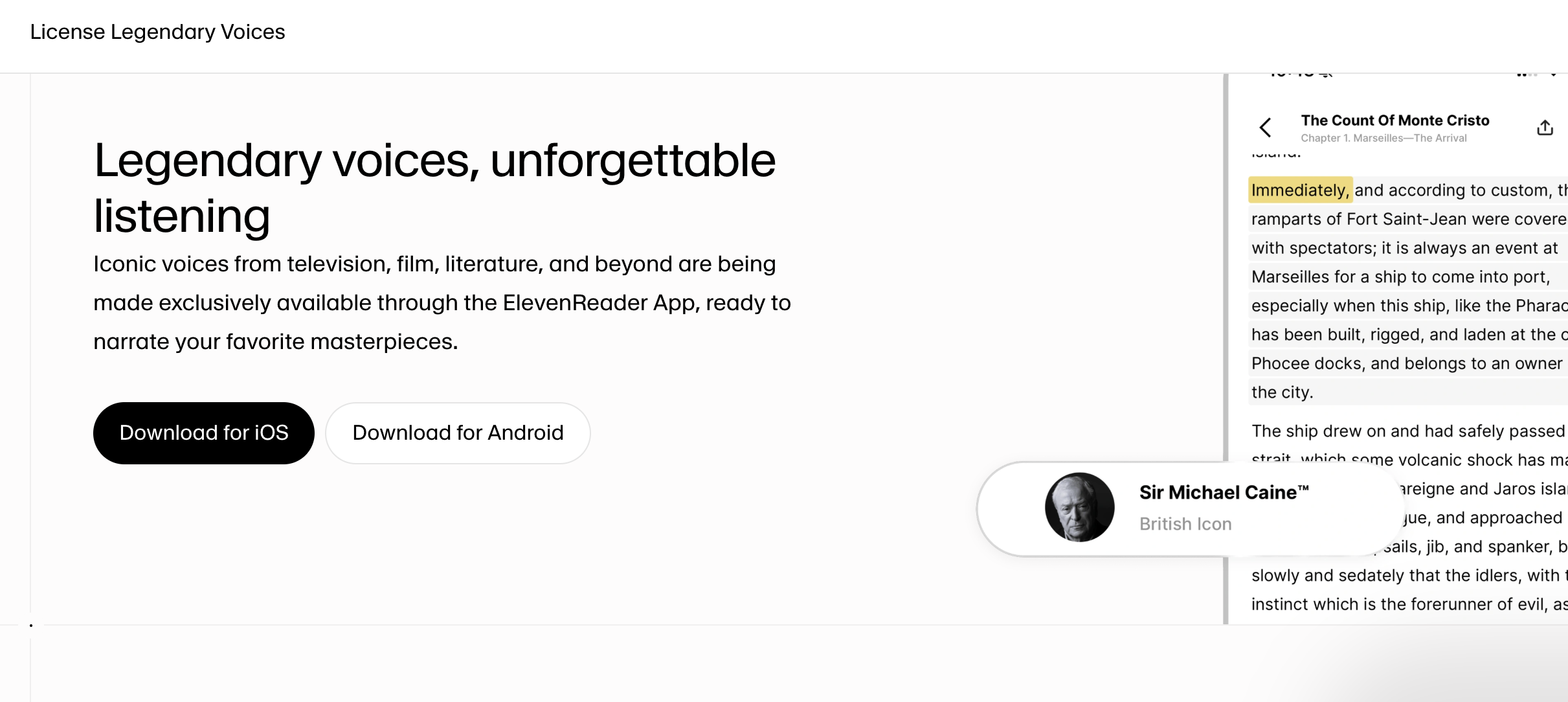Former OpenAI and DeepMind researchers just raised $300M to build AI scientists that don't just think about experiments; they actually run them.
Periodic Labs launched this week with backing from a16z, Nvidia, Jeff Bezos, and Eric Schmidt. The founding team includes Liam Fedus (former OpenAI VP of research / led post-training work at OpenAI) and Dogus Cubuk (led DeepMind's materials discovery), and they're solving the problem that's quietly holding AI back from actual scientific breakthroughs.
Here's the issue: Models crush math and code but fail at physics and chemistry. They've been trained on ~10 trillion tokens from the internet—and that's all
Worse, one Periodic engineer found a reported physical property in literature spanning multiple orders of magnitude. Train on that? You just replicate noise.
As Liam puts it: "You can re-read the textbook, but eventually you need to run the experiment."
The missing piece just clicked into place. Consider this: OpenAI's Chief Scientist just said they're building "an automated researcher" and admitted they have an "eval deficit"—their next milestones need "actual discovery" on economically relevant problems. OpenAI's new Applied Evals team? Those are domain experts judging usefulness beyond benchmarks. As Mark Chen put it: high schoolers now "vibe code" by default, and "the future hopefully will be vibe researching."
But vibe researchers still need something to evaluate. Enter Periodic's autonomous labs: they're building robotic labs where AI can synthesize materials, heat them up, measure their properties, and learn from what actually happens. Real robots. Real chemicals. Real physics.
Here's what this enables:
- Novel superconductors that work at higher temperatures (imagine power grids with near-zero energy loss).
- Next-gen semiconductors and heat shields for space travel.
- Materials that could restart Moore's Law when traditional chip scaling hits limits.
- Faster R&D cycles for customers in semiconductors, space, and defense.
The key insight? Nature becomes the grading function. When you predict a material's properties and actually synthesize it, you know definitively whether you were right. The AI proposes. The lab tests. The data teaches.
And they're already working: Periodic said it is helping a semiconductor manufacturer solve heat dissipation problems right now.
Why this matters now: OpenAI just created an "Applied Evals" team—basically "vibe researchers" who judge whether AI is actually useful beyond benchmark scores. Meanwhile, cloud labs like Emerald Cloud Lab already let teams run wet-lab experiments remotely via software.
Connect the dots.
- Human "vibe researchers" (OpenAI's Applied Evals team) - evaluate if the AI system is useful.
- AI agent (the automated researcher) - reasons, generates hypotheses, designs experiments using tools.
- Robotic labs (Periodic's physical infrastructure) - execute the experiments, provide real-world feedback.
So the full loop is: Humans evaluate usefulness → AI agent reasons and designs experiments → Physical lab runs experiments → Nature provides reward signal → Data improves models → Humans evaluate again.
As Cubuk said on the TBPN podcast: "Linking disparate ideas is promising, but unless you have experiment in the loop, we're just thinking. Until you actually try it and act, you're no further along."
The competition is heating up, too:
- A pharma consortium (Bristol Myers, Takeda, AbbVie, J&J) just announced they'll pool their proprietary data to train better drug discovery models.
- Lila Sciences just raised $235M to build "AI Science Factories" that automate the entire scientific method.
- Synthesize Bio raised $10M to predict gene expression.
- Enveda closed $150M for plant-chemistry discovery.
- And of. course there's Emerald Cloud Labs doing its thing.
What's next: Watch for Periodic's first autonomous-lab demos, dataset releases, and—according to Liam—progress on "intentionally designing the world around us." They're starting at the quantum mechanical level and working up to new semiconductors, magnets, heat shields, you name it.
As the team said, science is unbounded, and we just gave AI the lab keys. These models will run experiments, fail fast, and discover materials we've never imagined. As Dogus puts it: "There's no end to this. You never 'finish' science."







